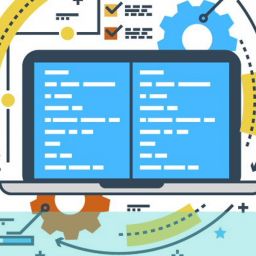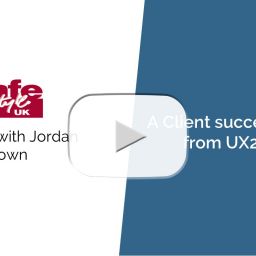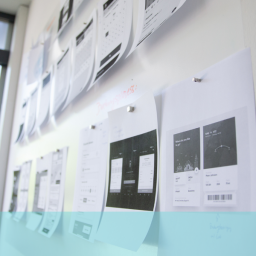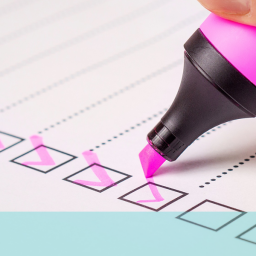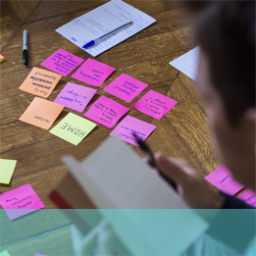
A stakeholder is anyone who has an interest, direct or indirect, in a particular subject, business, issue or product. Direct stakeholders will be staff, management, customers, suppliers, contractors, shareholders; indirect stakeholders might be; pressure groups, government, regulators, competitors, agents, potential partners or even the general public.
In terms of research these will be more or less important dependent on exactly what the nature of your research is. Obviously a project on, for example, environmental impact is going to have wider circulation and relevance than a piece of web research on a particular app or site. Here we are dealing primarily with UX design and research so the issues are going to be contained within a relatively small proportion of the stakeholder groups mentioned above.
Why are Stakeholder Interviews important?
Why are internal (and maybe even some external) stakeholder interview important to the success of your project? Here are some major reasons but there can be many others depending on the nature of the product and the organisation you are working for or with.
- Stakeholders will usually have a mass of knowledge that they might even be unaware of possessing. You can use them to get a better understanding of the nature of the project objectives and success criteria.
- Stakeholders determine the parameters of the project and the terms of success. If you don’t get a good handle on what these are there is a fair chance you will fail to deliver.
- As stakeholders are the determiners of success or failure you need to be alongside their thinking and involving them wherever possible in the decision-making and project development.
- Stakeholders will also hold the financial and power influences over project funding and resource allocation; if you don’t get buy in you might find insuperable obstacles in your way.
- You also need to understand the power balance in the organisation and who are the main influencers (and potential obstructors) to your programme.
- Stakeholders will probably be able to identify possible pitfalls and holes in a project strategy and give you an early insight into problems so you can anticipate and deal with them before they become critical.

Objectives of a Stakeholder Interview
The types of objective you should give yourself in a stakeholder interview are:
- Information gathering – find out exactly which parts of the business and project they are familiar with or responsible for and how much they know and influence management and resources in that area.
- Understanding business objectives – be absolutely sure that you understand the business objectives for the project. Get this data from as many perspectives as possible then you can see where expectations might diverge or where potential power struggles exist. You can then start managing these issues before they can threaten the project delivery.
- Relationship building – you are going to have to deal with these people on an ongoing basis; you might be working directly with or for many of them on a regular basis. Understand where they fit into the project management structure and start to develop working relationships with them to facilitate management and delivery. Get a feel for the dynamics of the organisation structure and where you have to exert influence or apply pressure to get things done
- Identifying success criteria – get stakeholders to define exactly what success looks like from their perspective. This has two benefits – it identifies differences in expectation that might need to be addressed and it means you have objectives which the stakeholders can’t disown later if they turn out to be faulty.
Interviewing stakeholders is a crucial element in the planning of as project. If it is not done, or done poorly, it can put the success of the whole project at risk. If you need to know more about the process and how it can be planned and managed ring us on +44(0)800 024624 or email us at hello@ux247.com.




